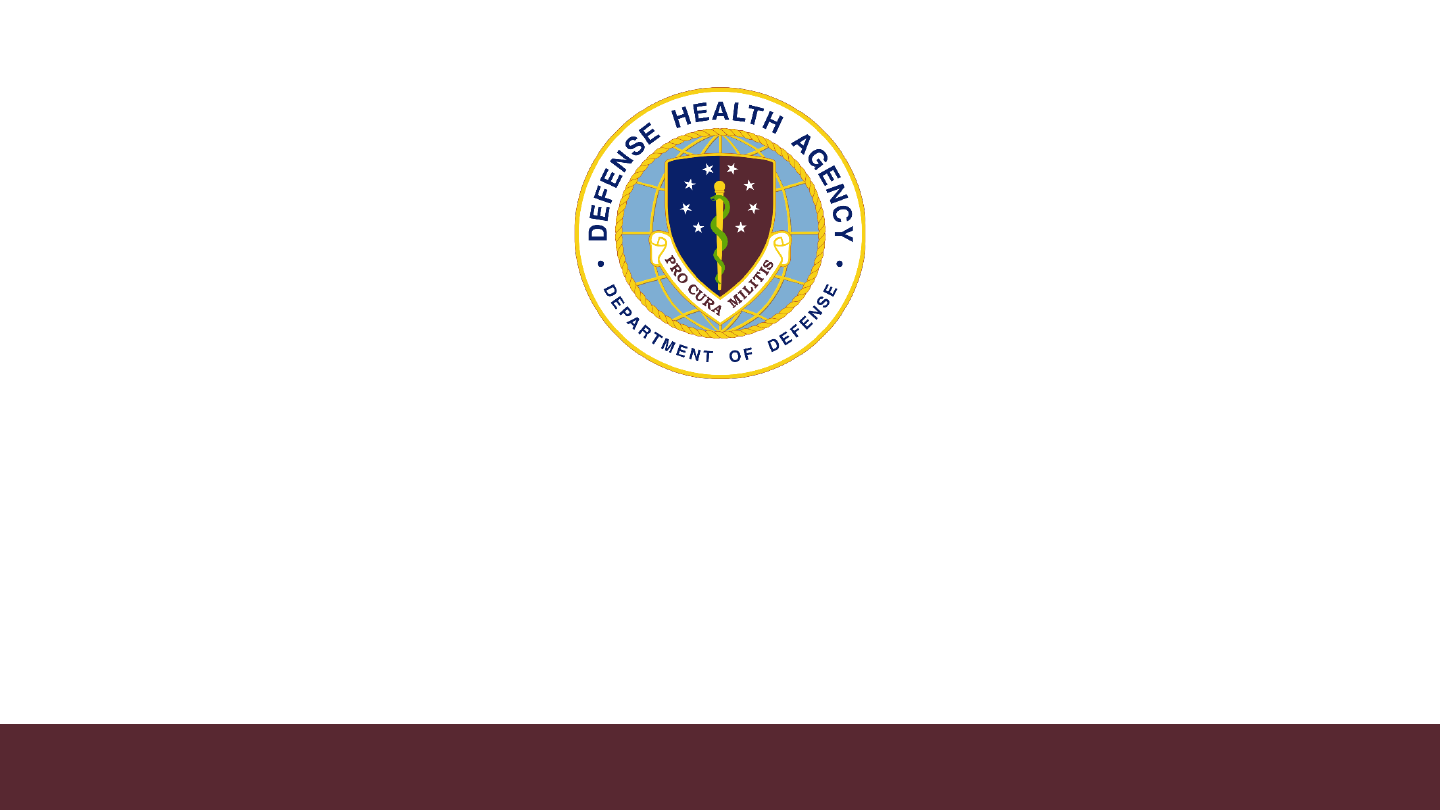
Application of Healthcare Ethics:
Consults, Cases, & Choices
Brigid Herrick, M.P.H., M.S., C.P.X.P.
Chief Experience Officer
Healthcare Ethics Committee Co-Chair
Walter Reed National Military Medical Center
Bethesda, Md.
Army Chaplain Maj. Vincent Bain, Ph.D., M.Div., M.B.E.
Bioethics Advisor
Healthcare Ethics Committee Co-Chair
Walter Reed National Military Medical Center
Bethesda, Md.
May 9, 2024
0815 – 0915 ET

Improving Health and Building Readiness. Anytime, Anywhere — Always
Presenters
Brigid Herrick, M.P.H., M.S.,
C.P.X.P.
Chief Experience Officer
Healthcare Ethics Committee
Co-Chair
Walter Reed National Military
Medical Center
Bethesda, Md.
Army Chaplain Maj. Vincent
Bain, Ph.D., M.Div., M.B.E.
Bioethics Advisor
Healthcare Ethics Committee
Co-Chair
Walter Reed National Military
Medical Center
Bethesda, Md.
2
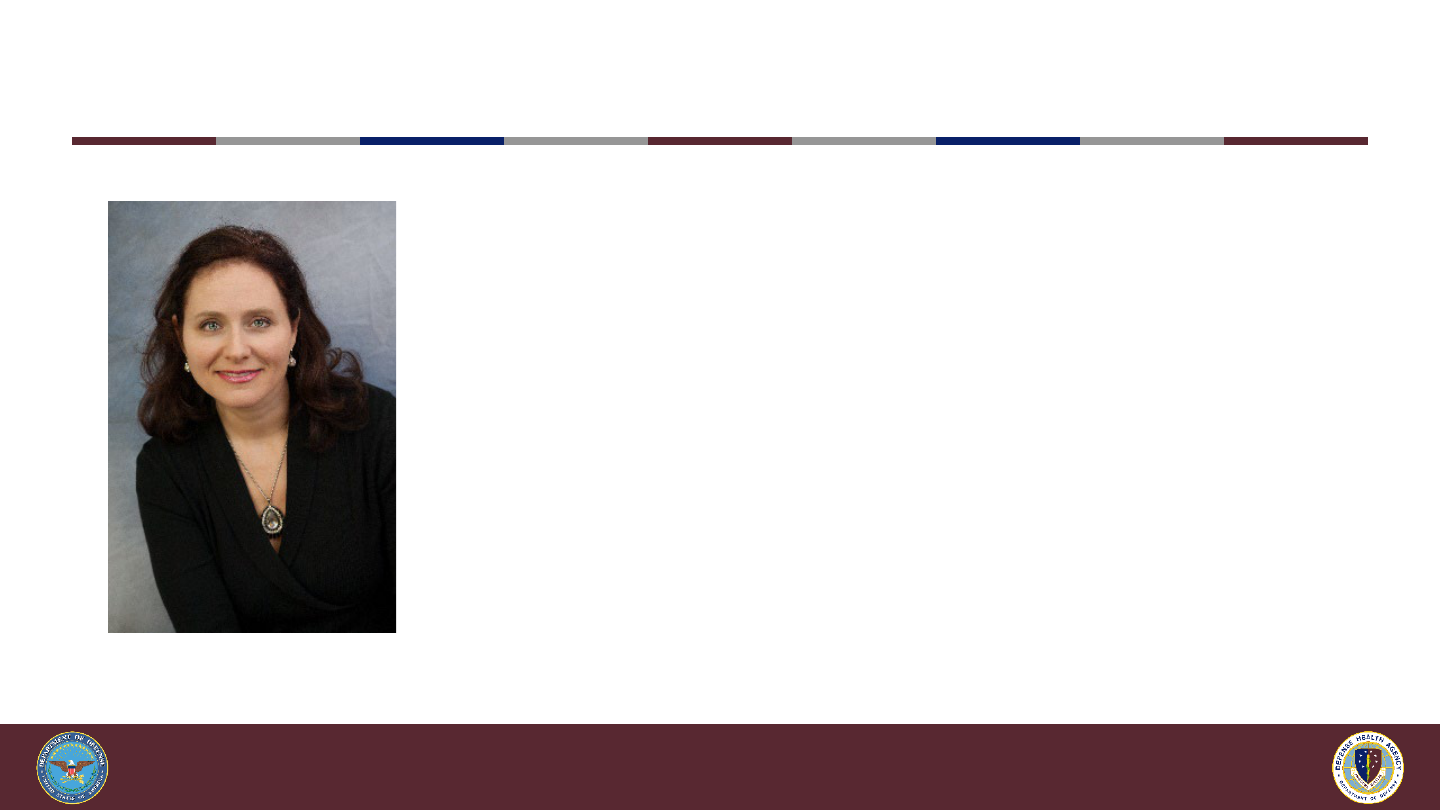
Improving Health and Building Readiness. Anytime, Anywhere — Always
Brigid Herrick, M.P.H., M.S., C.P.X.P.
Ms. Brigid Herrick serves as the Chief Experience Officer and Hospital
Ethics Committee Co-chair at Walter Reed National Military Medical
Center (WRNMMC). She is a health care industry leader with over 20
years of experience in change management, healthcare process
improvement, and program design.
Ms. Herrick formerly ran the Patient Experience program at Inova
Health System. While there, she was a subject matter advisor to C-suite
executives, senior-level nursing leaders, physicians, and other
healthcare staff. She conducted over 10,000 direct clinical
observations and consultations within the adult inpatient hospital units,
women’s and children’s, ambulatory surgery, emergency department,
and outpatient services.
Ms. Herrick earned a Master of Public Health from George Washington
University and a Master of Science in Bioethics from Creighton
University.
3
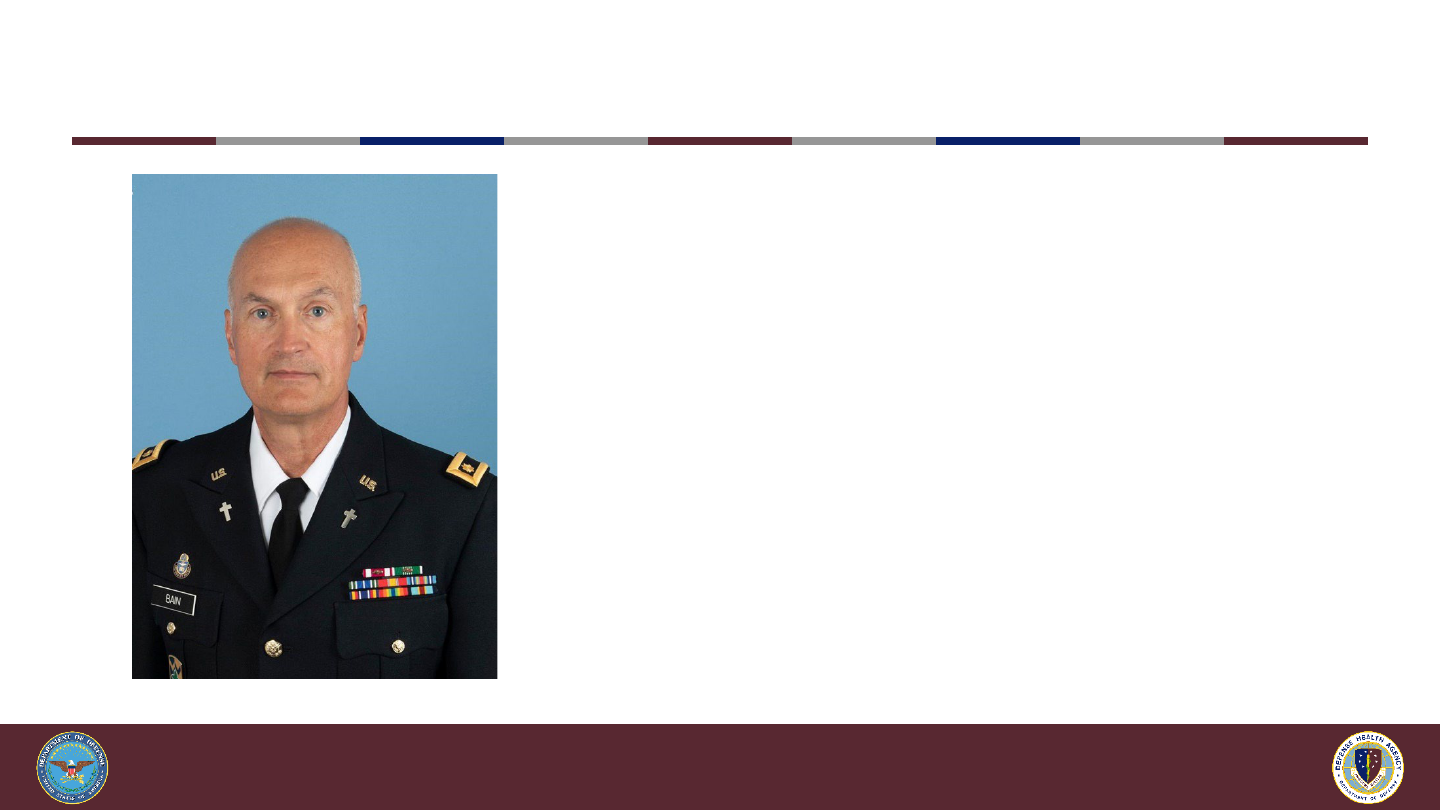
Improving Health and Building Readiness. Anytime, Anywhere — Always
Army Chaplain (MAJ) Vincent Bain, Ph.D.
Chaplain (Major) Vincent Bain is a native of Illinois
and now calls Minnesota his home of record. He was
commissioned as a chaplain in the United States
Army in 2009. CH Bain has served units at Fort
Cavazos, TX, Fort Leonardwood, MO, and Fort
Campbell, KY. He has deployed twice. He earned a
Master of Bioethics from Harvard Medical School in
May 2022. He presently serves as the Bioethics
Chaplain – Hospital Ethicist at Walter Reed National
Military Medical Center (WRNMMC) at Bethesda, MD.
4

Improving Health and Building Readiness. Anytime, Anywhere — Always
Disclosures
• Ms. Brigid Herrick and CH Vincent Bain have no relevant financial or non-
financial relationships to disclose relating to the content of this activity.
• The views expressed in this presentation are those of the authors and do
not necessarily reflect the official policy or position of the Department of
Defense, nor the U.S. Government.
• This continuing education activity is managed and accredited by the
Defense Health Agency, J-7, Continuing Education Program Office (DHA, J-7,
CEPO). DHA, J-7, CEPO and all accrediting organizations do not support or
endorse any product or service mentioned in this activity.
• DHA, J-7, CEPO staff, as well as activity planners and reviewers have no
relevant financial or non-financial interest to disclose.
• Commercial support was not received for this activity.
5

Improving Health and Building Readiness. Anytime, Anywhere — Always
Learning Objectives
At the conclusion of this activity, participants will be able to:
1. Summarize the purpose of a healthcare ethics consultation.
2. Identify ethical concerns within medical cases.
3. Discuss the implications of responses to ethical concerns.
6

Improving Health and Building Readiness. Anytime, Anywhere — Always
Polling Question #1
Does your facility have a
healthcare ethics consultation
service?
7

Improving Health and Building Readiness. Anytime, Anywhere — Always
Polling Question #2
Have you ever requested a
healthcare ethics consultation?
8
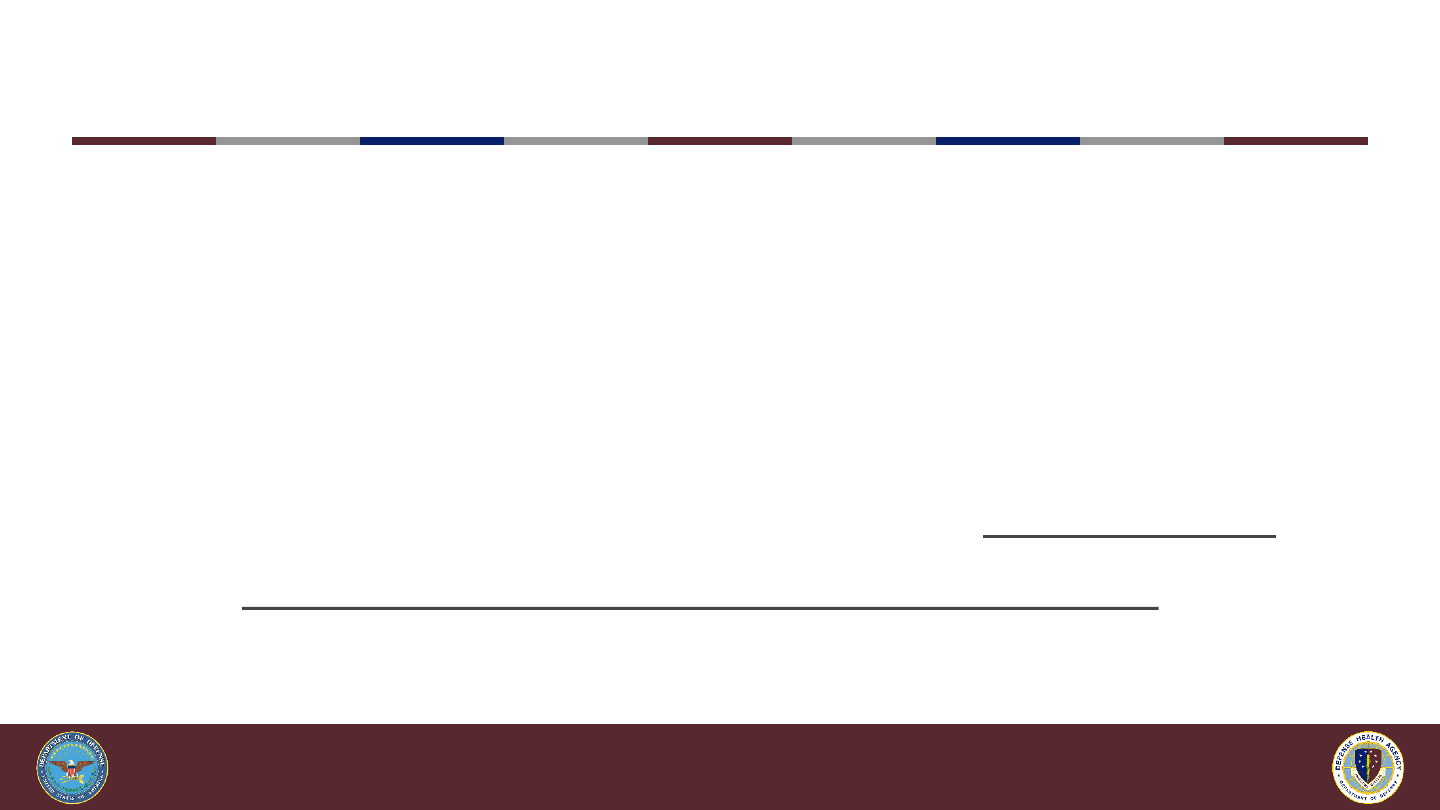
Improving Health and Building Readiness. Anytime, Anywhere — Always
Healthcare Ethics Consult
“A set of services provided by an individual or
group in response to questions from patients,
families, surrogates, healthcare professionals, or
other involved parties who seek to resolve
uncertainty or conflict regarding value-laden
concerns that emerge in health care.”
(American Society for Bioethics and Humanities, 2014)
9

Improving Health and Building Readiness. Anytime, Anywhere — Always
Foundational Principles of Medical Ethics
• Autonomy
• Beneficence
• Nonmaleficence
• Justice
10
(Beauchamp & Childress, 2019)

Improving Health and Building Readiness. Anytime, Anywhere — Always
Military and Medical Ethics
Theories, principles, and norms related to morally right
and wrong decisions and actions in health care. This
includes decisions and actions of individuals involved in
health care (including patients, families, surrogate
decision makers, healthcare personnel, or other involved
parties), as well as hospitals, healthcare delivery
systems, healthcare insurers, and other institutions
involved in the provision of health care.
11
(Defense Health Agency, 2021)

Improving Health and Building Readiness. Anytime, Anywhere — Always
Healthcare Ethics Consultation: Valid Purpose - Yes or No?
• Investigate an allegation of a serious ethics violation.
• Conduct a medical evaluation.
• Make a treatment plan.
• Never report anything to authorities.
• “Clean up a mess.”
• Give legal advice.
• Tell the requester what to do.
• Talk to the family so the requester does not have to.
• Take the decision out of the hands of the family or out of the hands of the staff.
• Rubber-stamp what the healthcare team wants or what the patient/family wants.
NO
NO
NO
NO
NO
NO
NO
NO
NO
NO
12

Improving Health and Building Readiness. Anytime, Anywhere — Always
Healthcare Ethics Consultation: Purpose
The purpose of a healthcare ethics
consultation is to review a case and
provide ethically supportable
recommendations for patient care.
(Wiesen, 2022)
13

Improving Health and Building Readiness. Anytime, Anywhere — Always
Healthcare Ethics Consultation: Focus
• Shared decision making with patients
• Informed consent
• End-of-life care
• Beginning of life care
• Privacy and confidentiality
• Professionalism and building trust
14
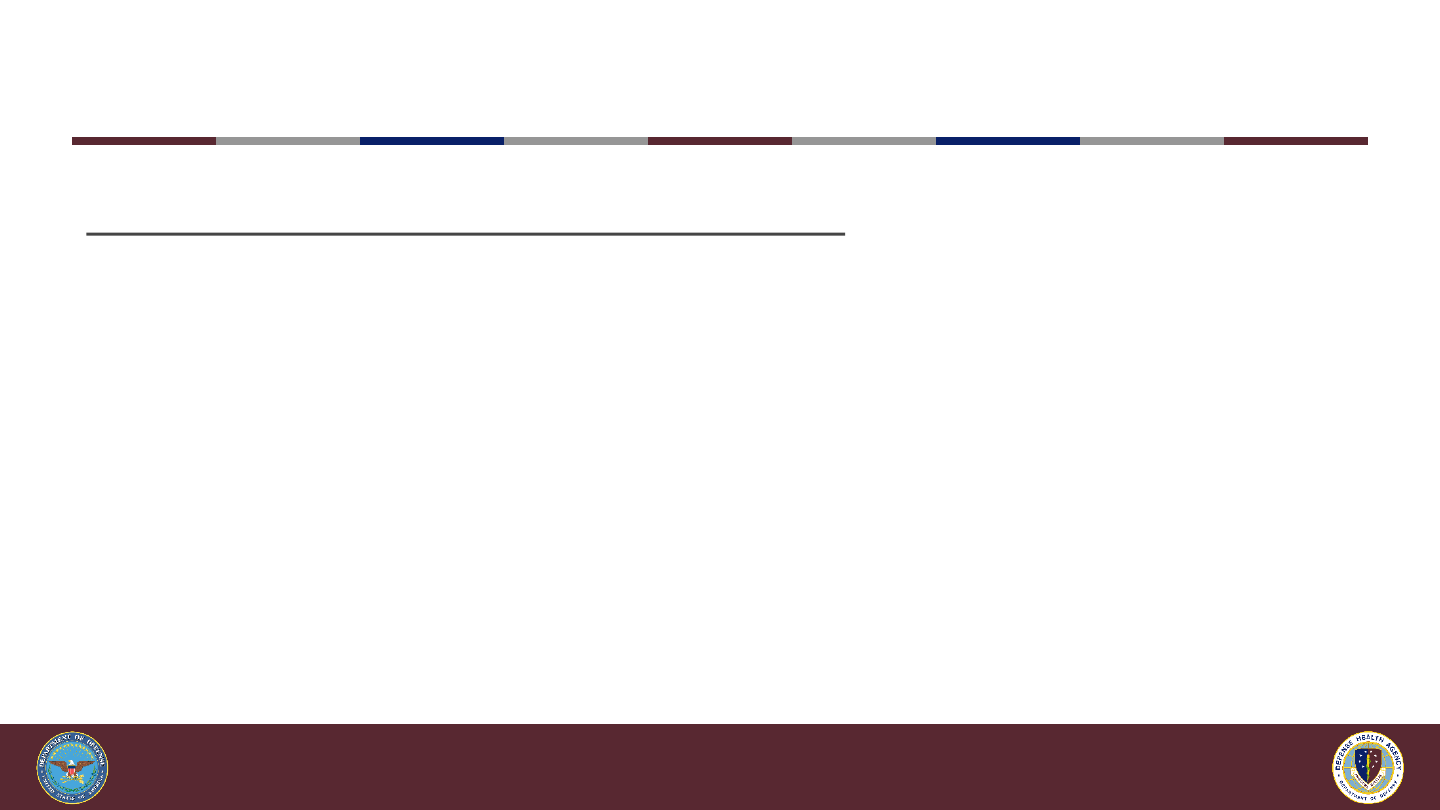
Improving Health and Building Readiness. Anytime, Anywhere — Always
Healthcare Ethics Consultations
Growth over the last 20 Years:
• 6% increase in the prevalence of healthcare ethics
consultation (HEC) services.
• 14% increase in the percentage of hospitals with active HEC
services.
• 94% increase in the estimated annual number of case
consults performed in U.S. hospitals.
• 100% of hospitals allowing anyone involved in a case to
request an HEC.
Fox, E., et al (2022)
15
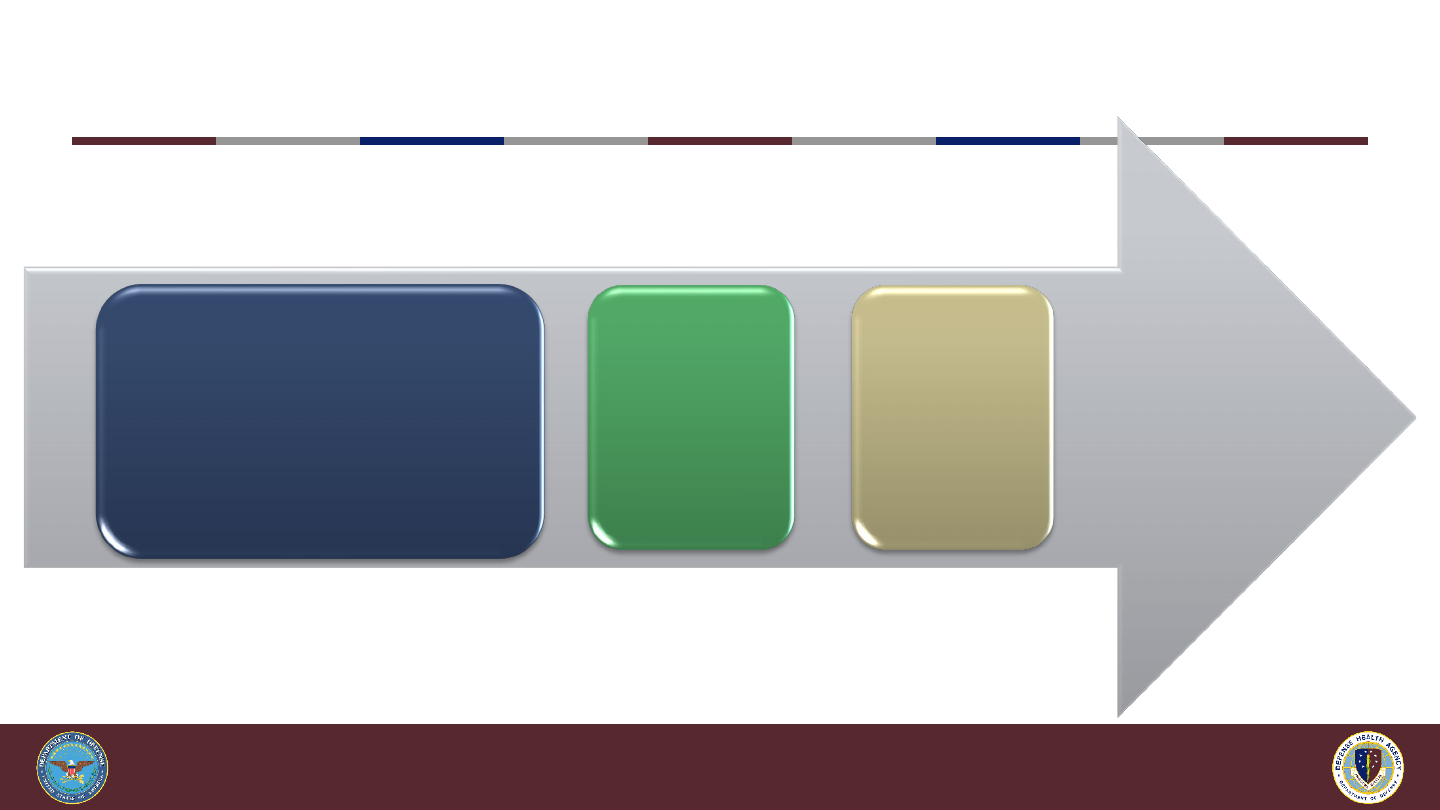
Improving Health and Building Readiness. Anytime, Anywhere — Always
16
One – two ethical
dilemmas
per week brought to co-
chairs for evaluation
Two to
three
family
meetings
per month
Four - six
significant
cases per
year
Healthcare Ethics Consultations at WRNMMC
16

Improving Health and Building Readiness. Anytime, Anywhere — Always
Healthcare Ethics Consultation: End of Life
• 82-year-old Female, retired service member was hospitalized in the military treatment
facility (MTF) intensive care unit with multiorgan failure, cardiovascular failure, and
sepsis. The medical team had provided the appropriate standard of care for each of the
patient’s issues. Unfortunately, the interventions did not provide any positive therapeutic
value and the prognosis was extremely poor. They suggested comfort care would be a
possible next step with code status moving to Do not Resuscitate (DNR)/Do not Intubate
(DNI).
• The patient was unresponsive and not did not have an advance directive. The eldest
daughter was now responsible for medical decisions. She had a strongly held belief her
mother would recover and should remain “full code” and all interventions continue to be
employed to sustain her life, because she had “always been a fighter.”
17
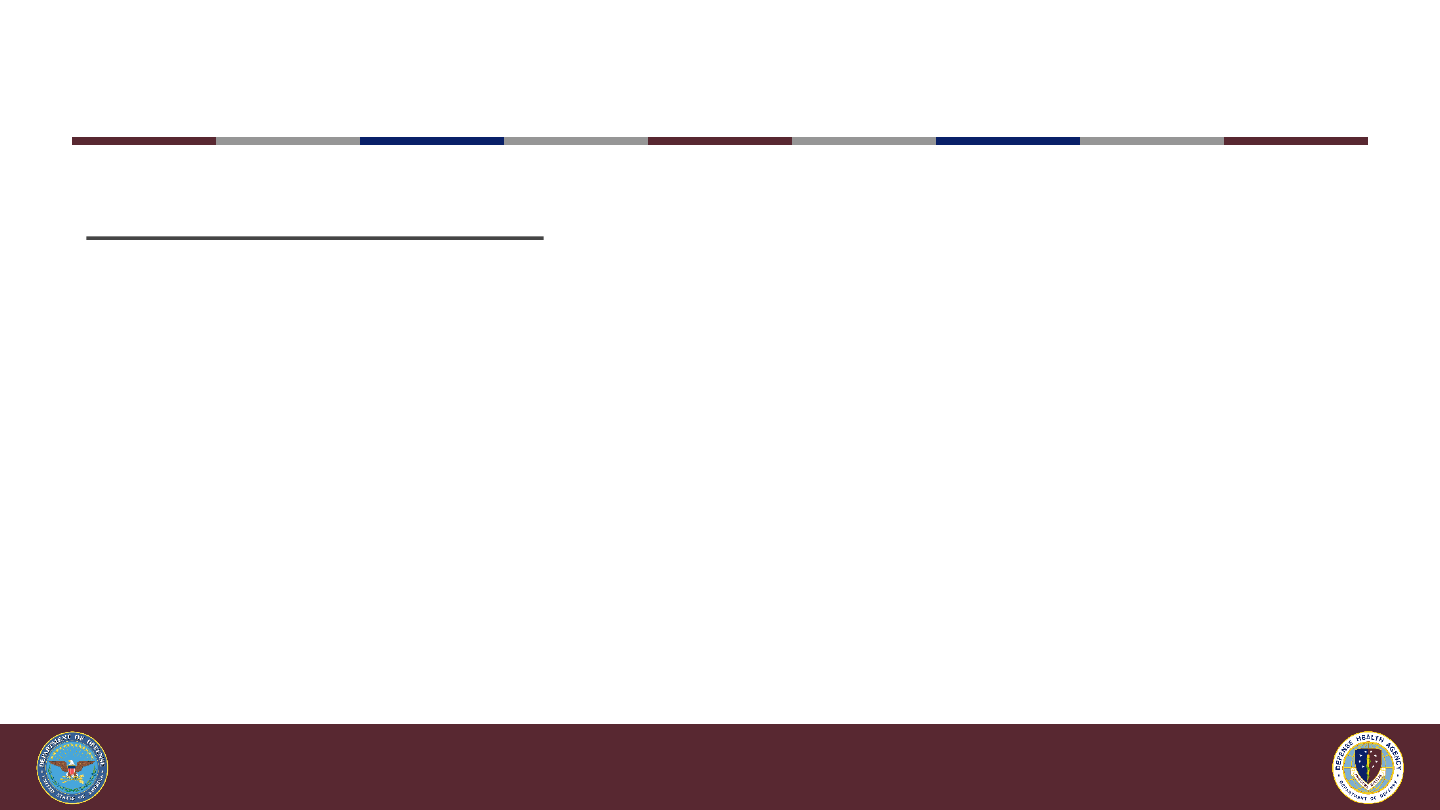
Improving Health and Building Readiness. Anytime, Anywhere — Always
Healthcare Ethics Consultation: End of Life
Ethical Perspectives
Patient Autonomy
Surrogate Decision Maker
Patient’s Best Interests
Beneficence v. Nonmaleficence
Withdrawal or Withholding Treatment
Futile or Non-Therapeutic Treatment
18
(Dressler et al, 2021; Tanaka et al, 2023; Weisen et al, 2021)

Improving Health and Building Readiness. Anytime, Anywhere — Always
Healthcare Ethics Consultation: Abandonment
• 91-year-old male, retired service member living outside the contiguous United States (OCONUS) for
over 30 years was escorted to a CONUS MTF for treatment. The patient was seen in the Emergency
Department (ED) for an infection which required admission for treatment, lasting seven days. While in
the ED, the patient’s escort departed, leaving only limited information about the patient’s extended
family.
• The patient was medically ready to discharge after seven days but while inpatient had been assessed
to not have decision making capacity for his medical care. Placement in a long-term care facility was
the recommendation. The eldest daughter, who was now his decision maker, was contacted and
agreed her father should be in a long-term care facility, but never followed through on her
responsibilities to complete this process.
• The VA was also not an option because the patient had never established service with the VA prior to
relocating OCONUS. Eventually a step-daughter was identified and contacted who agreed to begin the
VA enrollment process. Before this could be initiated, the daughter learned of this course of action
and prevented it from being completed. The patient remained in the MTF and medically ready to
discharge for a period exceeding nine months while viable solutions for his long-term care were
explored.
19
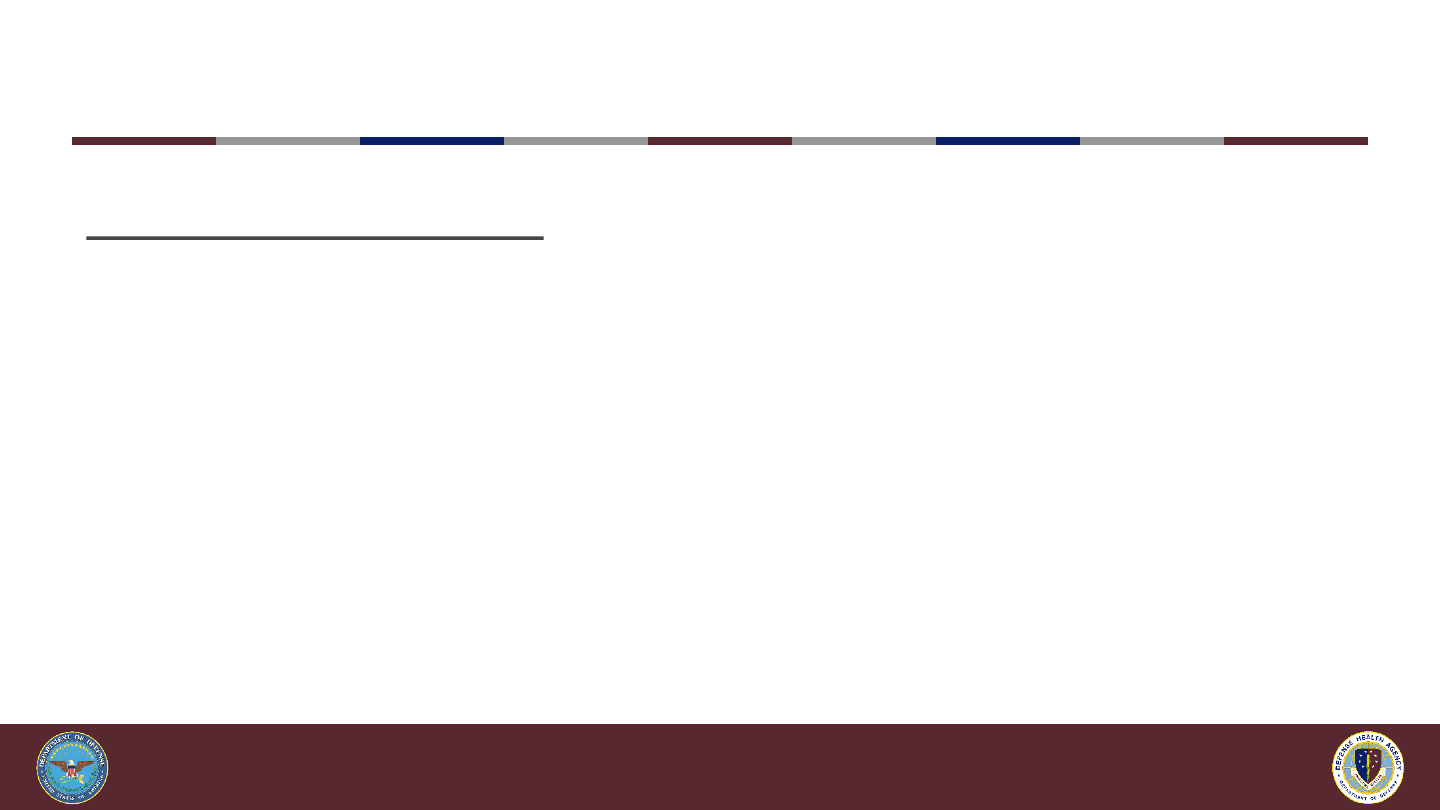
Improving Health and Building Readiness. Anytime, Anywhere — Always
Healthcare Ethics Consultation: Abandonment
Ethical Perspectives
Patient Autonomy
Surrogate Decision Maker Responsibilities
Patient’s Best Interests
Beneficence
Nonmaleficence
Justice: Allocation of Limited Resources
20
Ethical Responses; Fulmer & Paveza; Karlawish, J., et al;

Improving Health and Building Readiness. Anytime, Anywhere — Always
Key Takeaways
• Anyone involved in a patient’s care may request a HEC.
• The purpose of an HEC is to review a case and provide ethically
supportable recommendations.
• Ethically supportable recommendations may be along a spectrum
from good to bad.
21
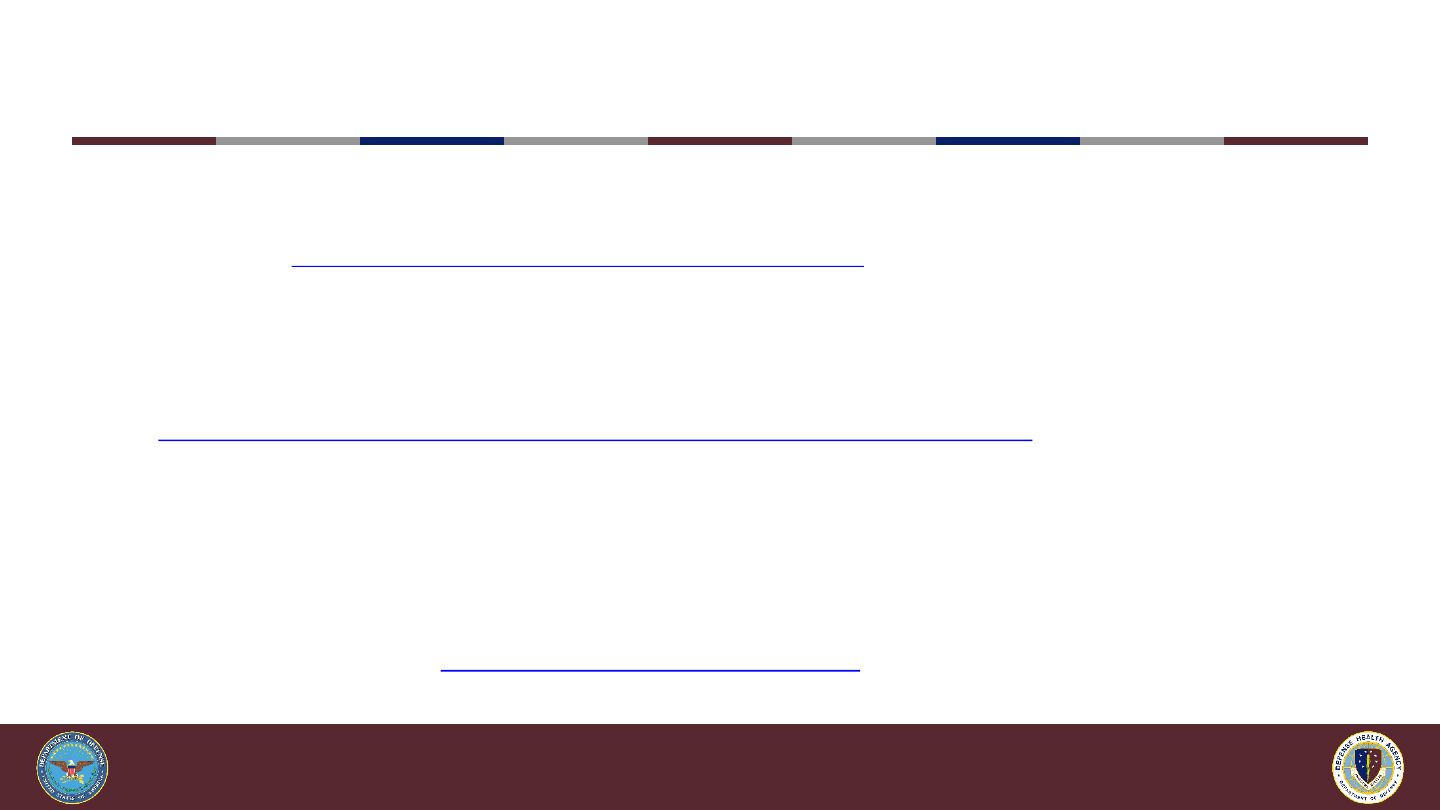
Improving Health and Building Readiness. Anytime, Anywhere — Always
References
American Society for Bioethics and Humanities (2014). Code of Ethics and Professional Responsibilities for Healthcare Ethics
Consultants. asbh.org/uploads/publications/ASBH Code of Ethics.pdf
Beauchamp, T.L. & Childress, J.F. (2019). Principles of biomedical ethics (8th ed.). Oxford University Press.
Defense Health Agency, Procedural Instruction Number 6025.39 (2021), Medical Ethics in the Military Health System.
https://health.mil/Reference-Center/DHA-Publications/2021/08/20/DHA-PI-6025-39
Dressler, G., Garrett, S. B., Hunt, L. J., Thompson, N., Mahoney, K., Sudore, R. L., Ritchie, C. S., & Harrison, K. L. (2021). "It’s
Case by Case, and It's a Struggle": A Qualitative Study of Hospice Practices, Perspectives, and Ethical Dilemmas When
Caring for Hospice Enrollees with Full-Code Status or Intensive Treatment Preferences. Journal of palliative
medicine, 24(4), 496–504. https://doi.org/10.1089/jpm.2020.0215
22

Improving Health and Building Readiness. Anytime, Anywhere — Always
References
Ethical Responses if Family Abandons Loved One at Hospital (2023, February 1). https://www.reliasmedia.com/articles/ethical-responses-if-family-
abandons-loved-one-at-hospital
Fox, E., Danis, M., Tarzian, A. J., & Duke, C., (2022). Ethics Consultation in U.S. Hospitals: A National Follow-Up Study, The American Journal of
Bioethics, 22:4, 5-18, DOI: 10.1080/15265161.2021.1893547
Fulmer, T., & Paveza, G. (1998). Neglect in the Elderly Patient. Nursing Clinics of North America 33(3), 457-466.
https://doi.org/10.1016/S0029-
6465(22)02611-1
Karlawish, J., Peterson, A., Clapp, J. T., & Largent, E. A. (2022). A Case of Patient Abandonment, or an Abandonment of Patients?. The American journal
of bioethics : AJOB, 22(7), 86–87. https://doi.org/10.1080/15265161.2022.2075961
Tanaka Gutiez, M., Efstathiou, N., Innes, R., & Metaxa, V. (2023). End-of-life care in the intensive care unit. Anaesthesia, 78(5), 636–643.
https://doi.org/10.1111/anae.15908
Wiesen, J., Donatelli, C., Smith, M. L., Hyle, L., & Mireles-Cabodevila, E. (2021). Medical, ethical, and legal aspects of end-of-life dilemmas in the
intensive care unit. Cleveland Clinic journal of medicine, 88(9), 516–5 27. https://doi.org/10.3949/ccjm.88a.14126
23

Improving Health and Building Readiness. Anytime, Anywhere — Always
Questions?
24

Improving Health and Building Readiness. Anytime, Anywhere — Always
How to Obtain CE/CME Credits
2024 MAY CCSS: Bridging Gaps and Building Resilience in Primary Care
Complete the course evaluation and posttest for the session(s) you attended by 11:59 PM ET on Thursday, May 23, 2024, to
receive CE/CME credit or a certificate of attendance.
1. Log in to your account.
2. Go to the main event page and select the session you want to complete under the TAKE COURSE tab.
3. On the session page, click TAKE COURSE under the TAKE COURSE tab.
4. Progress through the required course items by clicking START under the Course Progress menu tabs located on
the left of the screen or by clicking Start Course at the bottom of the page.
5. Complete the evaluation and pass the posttest with a score of 80% or above to select your credits and download
your certificate.
All completed courses and certificates are available in your account. Refer to your Pending Activities for sessions you have yet
to complete. You must complete the required course items by Thursday, May 23, to receive credit.
Questions? Email DHA J7, CEPO at dha.ncr.j7.mbx.cepo-cms-[email protected].
25
